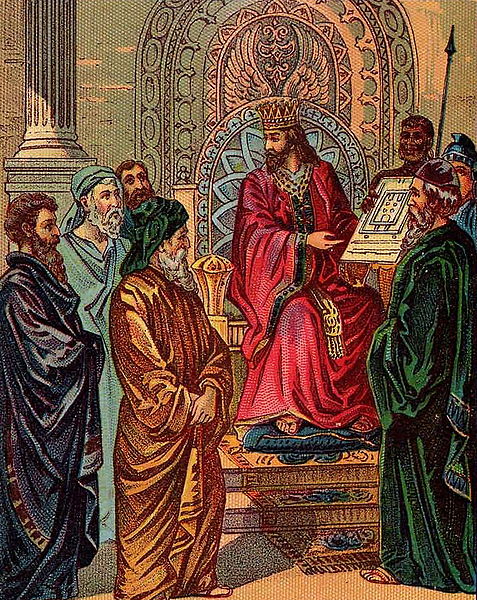 Why isn't life easier?
I follow Jesus. I try to be kind to others, I read my bible regularly, I give to my church and charity, yet I often feel like life is a boxing match where I'm in the 12th round against a heavy weight.
Why isn't life easier?
I follow Jesus. I try to be kind to others, I read my bible regularly, I give to my church and charity, yet I often feel like life is a boxing match where I'm in the 12th round against a heavy weight.
Doesn't God...I don't know...kind of...owe me? At least a little?
I mean listen, I know Jesus went to the cross for me and I can never pay him back for that. I get that and I'm so grateful. But shouldn't I get to avoid some of the issues other people deal with because I'm on board with what God asks me to do?
Have you ever thought something like this? Even if I say that God doesn't owe me one, I often act like it when something less than perfect happens in my life.
I know that Jesus said in this world we will have troubles, but shouldn't that just be stuff like, occasionally somebody tells me I'm dumb for believing in Jesus? Something manageable, something that doesn't really hurt.
I've been a pastor at a mid-sized church for the last 3 years and we've had tons of people dealing with illness and financial problems and addictions and everything else you can name. We've lost several people to cancer in my time. I've had to do a funeral for a 2 day old baby.
That's just the difficulties I hear about. I also have challenges in my own life that just make life hard. My wife and I are still dealing with the financial fallout from the failure of a business we believe God told us to buy several years ago. Having a child with special needs is a never ending battle in numerous ways.
My wife and I occasionally talk about whether we'll ever get to a point where life isn't just so dang hard.
Shouldn't we get off better than the rest of society because we're working to be obedient to Jesus? Shouldn't the abundant life Jesus talks about in John 10:10 be a little more cushy?
I've prayed about this as I really explored the depth of my self centeredness (it was ugly) and I feel like there's 2 reasons why this completely selfish disposition of mine is off base:
First, God is looking for faith.
Listen, if everybody who decided to follow Jesus got a Cadillac, lost 30 pounds and found their dream job, who wouldn't follow Jesus? And how would it be possible for anyone to be a genuine disciple of the man who told us to pick up our cross and follow him?
I don't know about you, but when everything is going well, I actually have the hardest time getting closer to Jesus.
I feel like he occasionally allows my life you involve some chaos so help me remain engaged in discipleship - the process of getting closer to him.
The abundant life Jesus is referring to involves so much more than money and possessions. It's about a life of more meaning. It may not always show up on a bank statement.
Are we willing to trust God to bless us, even when it's not in the manner we would request?
Or, are we only in this thing for what we can get out of it? The scriptures repeatedly affirm that we are called to patiently have faith in the face of doubt or unfulfillment. (James 1:12, Revelation 2:10, Matthew 25:1-13)
Will we trust that God will fulfill his promises to us when all the evidence we see points to the contrary? The word for that is 'faith'.
Second, there is an enemy at work
In Matthew 13:24-30, there's a story called 'The Parable of the Tares'. You can read the whole thing for yourself, but the summary is that Jesus tells of a farmer (representing God) that plants his fields with good seed.
In the night, an enemy plants weeds among the crops.
By the time the farm workers figured it out, they couldn't do anything about it. Pulling up the weeds would damage the crops, so the farmer tells them to let the weeds grow. At harvest time, they will separate the weeds from the crops.
In Strength To Love, Martin Luther King Jr. breaks down this story.
King notes that Jesus never disputes the reality of evil. He does not say that the weeds were an illusion or a state of mind. He says that the weeds - evil - is real.
The other thing Jesus tells us is that God is going to deal with evil once and for all at the time of the harvest.
In the meantime, Jesus calls the satan 'the ruler of this world' (John 12:31).
The kingdom of God is here, and it is yet to fully arrive. We can not expect a world which is not paradise to treat us as though it were.
_________
When I keep these truths in mind - that God is looking for faith and that there is an enemy at work, it helps me approach life more prepared.
There's a big difference to preparing for a beach trip versus preparing to run a Tough Mudder.
God has promised abundant life and he's going to deliver it. It's a promise that I believe in, so I'm willing to put everything I've got into putting myself in a position to receive it.

























